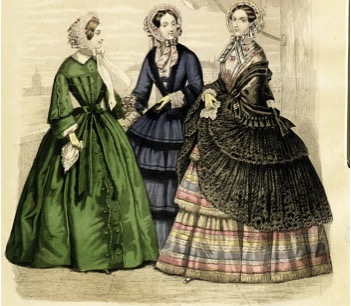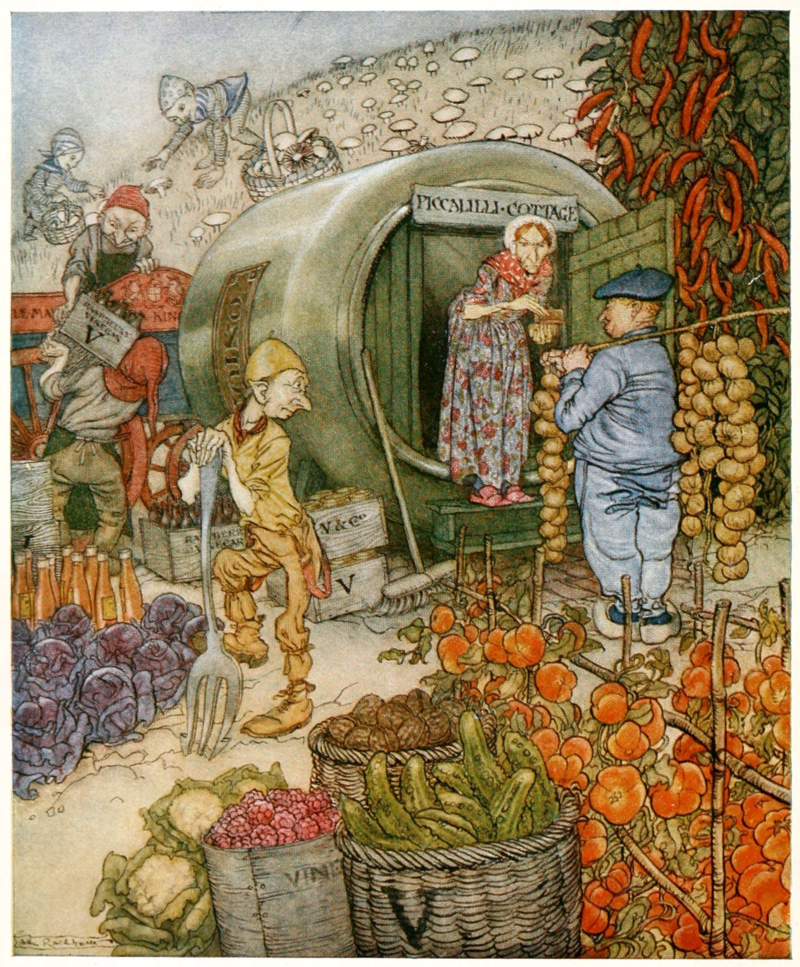- Revision is mandatory.
- Revision hurts like hell.
Several years ago, I ran into two essays that transformed the way I revise. Both had been around for decades, but I hadn't encountered them before. (They were in a prose anthology I used in a first-year composition course I was teaching. I chose the anthology because I hoped it would help students improve their writing. If it helped them half as much as it helped me, it was a good choice.) While both essays contain many valuable insights about writing, they've made a difference for me primarily because each recommends one specific technique that has helped me murder my darlings more efficiently.
The first essay is Donald M. Murray's "The Maker's Eye: Revising Your Own Manuscripts," published in 1973 and available online here. Murray first discusses the early stages of revision when most writers, he says, focus on "the larger problems of subject and form." Then he discusses the stage when writers move "closer and closer to the page," working through the manuscript sentence by sentence, sweating to make every word right. At this stage, Murray finds it best to work "in short runs, no more than fifteen minutes at a stretch." If he tries to keep going longer than that, he says, "I become too kind with myself. I begin to see what I hope is on the page, not what is actually on the page."
At first, this approach sounded strange to me--it seemed too fragmented--but I gave it a try. It works. Now, when I reach the final stage of revision, I set a timer for fifteen minutes (or usually, to be honest, thirty) and start working. I'm alert, I'm focused on revision, and I'm determined to find ways to make improvements. When the timer goes off, I take a ten-minute break. I put in a load of laundry or do some other household chore, I respond to an e-mail, or I read a chapter of someone else's book. Sometimes I exercise (I should do that more often), and sometimes I fix a snack (I should do that less often). When the break is over, I attack the manuscript with renewed alertness, focus, and determination.
I think this approach helps me revise more effectively; I know it makes me more ruthless. When I try to revise without taking breaks, it's too easy to slip out of revising mode and into reading mode. I start enjoying the characters and smiling at the dialogue. After all, I created this manuscript--it's natural for me to love it. But if I want other people to love it, too, I can't afford to go easy on it. I have to scrutinize it critically and be prepared to murder any little darlings that aren't as good as I'd like to think they are. Revising in short runs helps.
The other essay is William Zinsser's "The Act of Writing: One Man's Method," written in 1983. (If he'd written it more recently, he probably would have called it "One Person's Method.") Again, there's lots of good advice about revision in general, one specific technique that stands out for me. When he was teaching writing at Yale, Zinsser says, he would read through students' essays and "put brackets around every component . . . that I didn't think was doing some kind of work." The "component" might be a single word, such as "the adverb whose meaning is already in the verb (blare loudly, clench tightly)," or it might be an entire sentence that "essentially repeats what the previous sentence has said." "Most people's writing," Zinsser says, "is littered with phrases that do no work whatever. Most first drafts, in fact, can be cut by fifty percent without losing anything organic."
I don't know exactly why the brackets work so well, but they do. When I'm reasonably satisfied with the content and general shape of a manuscript, I print a hard copy and go through it again, looking for words, phrases, sentences, and--who knows?--whole paragraphs I might be able to cut. I always use a pencil, not a pen. That way, any hasty decisions I make while revising can easily be reversed, anything I cut can readily be restored. Sometimes, I can cross things out immediately, confident they aren't doing "some kind of work" and will never be missed. Often, though, I hesitate. Okay, so maybe that phrase isn't strictly necessary, but I like it--it's a darling--and I hate to cut it. So I put it in brackets and move on, postponing the final, painful decision. Later, when I go back and see a page studded with half a dozen or more bracketed words, phrases, and sentences, I realize how much tighter and sharper the page can be if I find the courage to make the cuts. Usually, I grit my teeth and cross out everything in brackets, and the page snaps into shape.
Maybe it's easier to murder our darlings if we do it in stages. We put a component on trial by bracketing it, we later weigh all the evidence about the page or the chapter as a whole before reaching a verdict, and only then do we convict and execute. And when I look back at a page and see only a few brackets, I know I've slipped into reading mode and haven't been ruthless enough. It's time to take a break, and to come back in ten minutes determined to find more suspects to put on trial.
You could also, I'm sure, type the brackets, or highlight possibly superfluous components, or find some other way to use this technique without printing a hard copy. For me, though, for revision, a hard copy and a pencil work best. Maybe that's because I'm a dinosaur who wrote her first manuscripts on yellow pads and manual typewriters. Or maybe there's a real advantage to getting physically closer to our manuscripts during the last stages of writing, to having our hands travel over our words as we make our final decisions about their fates--which ones to keep, which ones to change, which ones to murder.
I do know these two techniques have made a difference for me, and that's taught me another lesson. Before I read these essays, I'd been writing for decades, teaching writing for decades. I considered myself an expert on the writing process, and I thought my own process was set. These essays proved me wrong. We never know enough about writing. No matter how experienced we are, we can still learn from what other writers have to say. Some of the books and essays we read will simply repeat things we already know, and some we'll reject as just plain wrong. Once in a while, though, if we keep reading, we'll find valuable new insights, ones that might even make us revise our approach to revision.
How do you approach revision? Can you recommend techniques that have worked for you?
# # #
Last
year, the day before I planned to leave for Malice Domestic, I tripped
on a stupid throw rug, fell, broke my right arm, injured my left leg, and ended up going to
the emergency room rather than to Bethesda. I've gotten rid of the throw
rug, and of every other throw rug in the house, and hope to make it
all the way to the conference this year--but I've learned not to take
anything for granted. If you're also planning to go to Malice and
haven't yet completed your Agatha nominating ballot, please consider
"The Last Blue Glass," a short story that appeared in the April, 2016 Alfred Hitchcock's Mystery Magazine. You can read it here. (Even if you aren't going to Malice, you might enjoy the story. I worked hard on revising it.)







































